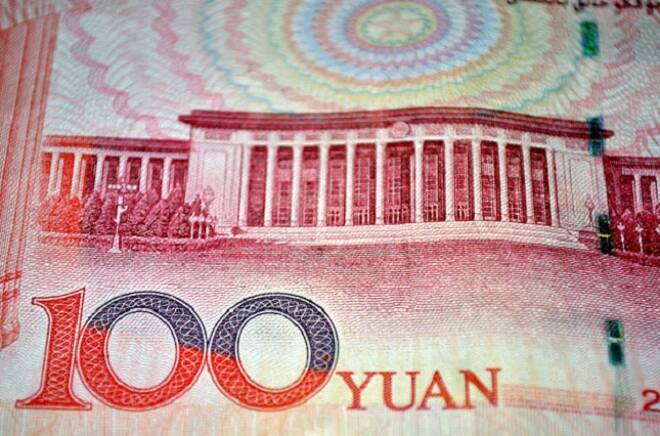Advertisement
Advertisement
China Digital Yuan off to Rocky Start at Winter Olympics
Updated: Feb 8, 2022, 18:38 GMT+00:00
Available information has shown that foreigners are not using China's digital yuan because of the diffic attached to accessing the currency.
The much anticipated digital yuan is finally available for foreigners at the Winter Olympics in Beijing. But there’s one issue, not everyone at the event is fascinated with the currency.
According to Wall Street Journal reporter Liza Lin, she hasn’t seen anyone using the digital currency yet.
Foreigners are not Using Digital Yuan
The pilot of the digital yuan at the Winter Olympics is part of the Chinese government’s efforts to gauge foreign acceptance of the currency.
But there have been issues with using this medium of payment by foreigners. A Nikkei reporter at the Winter Olympics confirms the difficulty of foreigners using the digital currency.
According to the reporter, an attempt to download the App for the digital yuan failed because he couldn’t find it on any mobile app store.
He later discovered that only phones connected to the internet in China could install the App directly. The reporter further found it impossible to use the App without having an account with the bank of China.
However, overseas users can still use the digital token by getting the prepaid cards and other wallets loaded with the digital currency. But many foreigners aren’t taking advantage of these wallets.
WeChat pay and Alipay are Unavailable at Main Media Centre
At least, not yet. Instead, Visa cards appear to be the number one payment option within the venue of the Winter Olympics.
Surprisingly enough, other common forms of payments in China, such as WeChat pay and Alibaba’s Alipay, aren’t available at the Main media centre.
This leaves attendees with Visa, cash, or E-CNY (digital yuan) as the only options. While this might have been done to get more people to use the digital yuan, it doesn’t seem to be working well so far.
The digital yuan is China’s attempt at a central bank digital currency. The country, which banned crypto last year, has been working on the project for a while now.
There have been several pilot projects already, with state media reporting that 261 million digital yuan wallets are now in existence. It further reported $17.4 billion in transactions last year.
While it’s already available in 12 cities and for the Winter Olympics, there’s no official date for the full launch of the digital currency.
About the Author
Oluwapelumi Adejumoauthor
Oluwapelumi is a firm believer in the transformative power power Bitcoin and Blockchain industry holds. He is interested in sharing knowledge and ideas about how the industry could play a pivotal role in the emerging financial system. When he is not writing, he is looking to meet new people and trying out new things.
Advertisement
